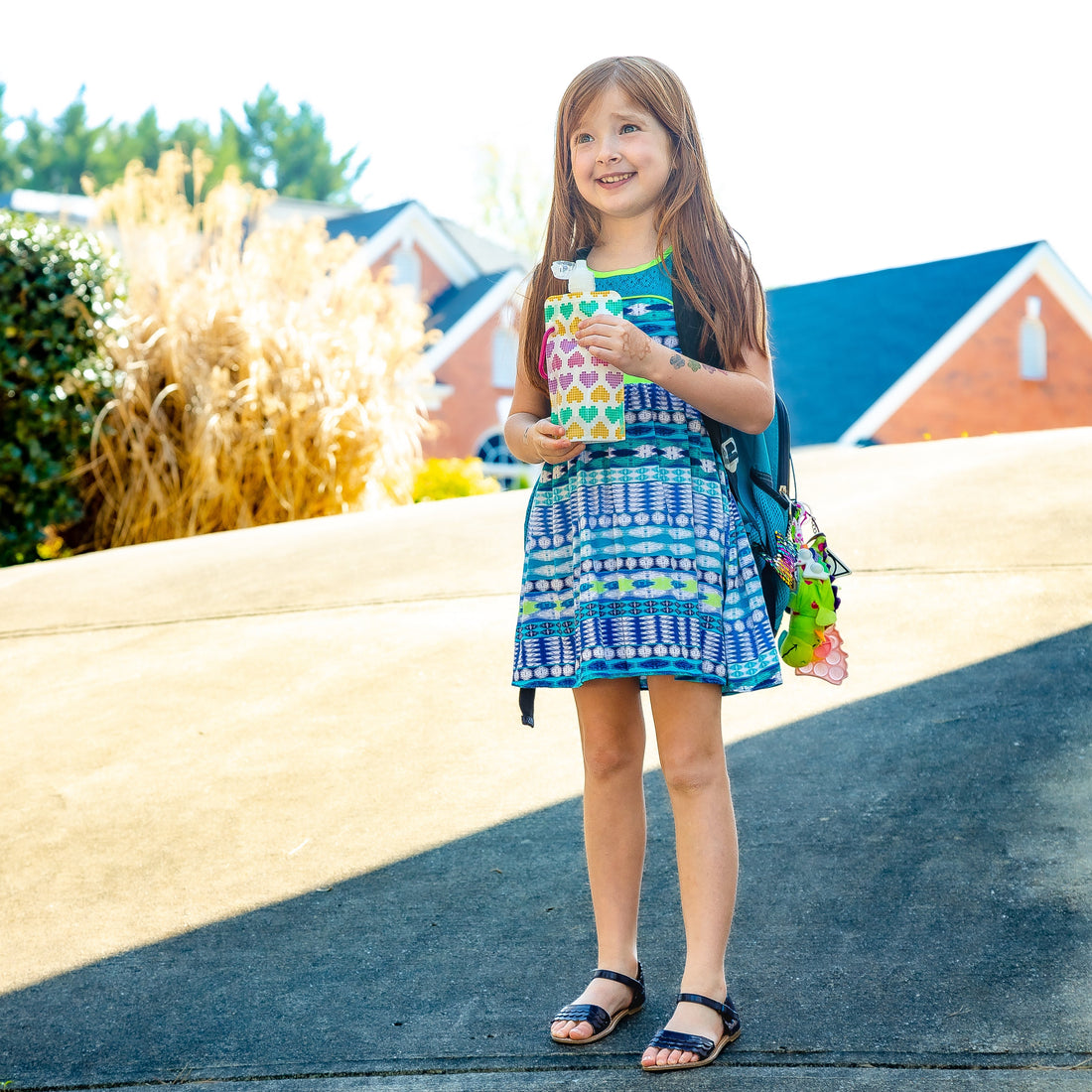As more families choose to live together under one roof — grandparents, parents, and children — the rewards can be profound: shared meals, deeper connections, and built-in support systems. But it also takes intentional planning to make the space and daily life harmonious for all.
Key Points
Creating a peaceful multigenerational home means balancing privacy, connection, and practicality. Focus on flexible spaces, open communication, health-conscious design, and consistent routines. Tools like smart scheduling apps, portable hydration gear, and home warranty coverage can simplify day-to-day life and prevent small stressors from becoming big ones.
Prioritize Well-Being and Convenience
A thriving multigenerational home depends on both comfort and daily efficiency. Simple, thoughtful changes can go a long way:
- Design shared spaces for gathering but maintain quiet corners for privacy.
- Ensure accessibility for all ages — ramps, wider hallways, and non-slip flooring are vital.
- Choose furniture that can adapt to both playtime and downtime.
- Keep hydration simple and accessible to everyone — try collapsible, refillable bottles that help you stay hydrated throughout the day, from school drop-offs to weekend outings.
These details turn a house into a genuinely livable home.
Financial Safety and Peace of Mind
Protecting the systems that keep your household running — from the HVAC to the washing machine — is essential when multiple generations depend on them. A home warranty plan can save time and stress if something breaks down. Comprehensive coverage that includes removal of defective equipment and even issues from improper installations can make all the difference — this may help.
How to Create a Harmonious Multigenerational Home
|
Focus Area |
Action |
Outcome |
|
Space Planning |
Separate sleeping zones by generation |
Privacy and comfort |
|
Accessibility |
Add grab bars, ramps, wide doorways |
Safety and mobility |
|
Routine Coordination |
Use shared digital calendars |
Predictability and peace |
|
Shared Finances |
Split utilities and grocery costs fairly |
Transparency and trust |
|
Conflict Prevention |
Hold monthly check-ins |
Early issue resolution |
Key Tips for Day-to-Day Balance
-
Encourage independence: Each generation should have control over part of the home — whether that’s a small kitchen space or garden area.
-
Design for sound management: Soft materials (rugs, drapes) reduce noise for light sleepers. (Noise-canceling handphones can be a big help, too.)
-
Establish shared rituals: Sunday dinners or movie nights keep family bonds strong.
-
Mix modern and traditional: Smart thermostats and voice assistants can coexist with family heirlooms and story time.
- Plan for flexibility: Convertible furniture and multi-use rooms help adapt as needs change.
Household Harmony Checklist
- Discuss expectations for chores, schedules, and privacy.
- Designate tech-free zones for family connection.
- Keep walkways clutter-free and well-lit.
- Prepare for emergencies — share key contacts and medical info.
- Review insurance and warranties annually.
Helpful How-To: Setting Up Shared Spaces
-
Map Your Zones: Define where each activity happens — cooking, relaxing, working, studying.
-
Communicate Early: Discuss expectations for noise, visitors, and chores.
-
Invest in Quality Storage: Clear clutter before it causes tension.
-
Schedule Breaks: Alone time matters as much as family time.
- Rotate Responsibilities: From meal prep to cleanup, shared effort builds respect.
Related Resources & Tools
Product Spotlight: Smart Lighting Systems for Shared Homes
Smart lighting systems — like adaptive LED panels and motion-sensing night lights — are excellent for multigenerational homes. They enhance safety for older adults, make night navigation easier for kids, and reduce electricity waste. Many integrate with digital assistants for effortless voice control, offering both convenience and peace of mind. Learn more about smart lighting systems’ benefits & features.
Glossary
-
Multigenerational Home: A household with three or more generations living together.
-
Accessibility Design: Adjusting a home to ensure safety and usability for all ages and abilities.
-
Intergenerational Rituals: Activities shared regularly among different age groups to strengthen bonds.
-
Home Warranty: A service contract that covers repair or replacement of major home systems and appliances.
-
Shared Surfaces: Common areas in a home, such as kitchens, living rooms, and patios.
A harmonious multigenerational home is built on respect, thoughtful design, and proactive planning. When every generation feels heard, safe, and valued, the home becomes more than a shared space — it becomes a living ecosystem of care, wisdom, and mutual support.



